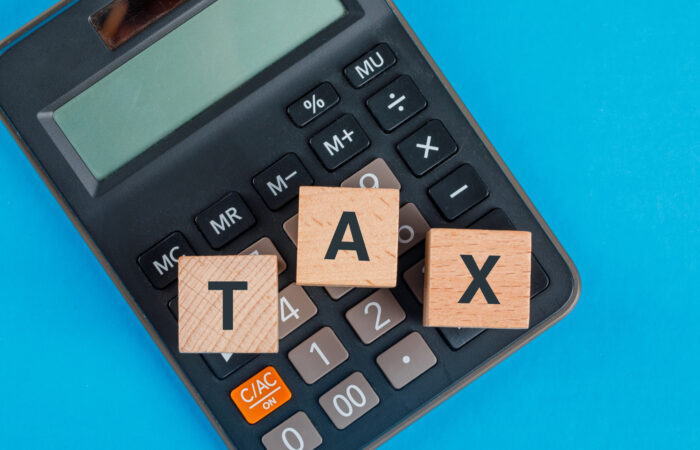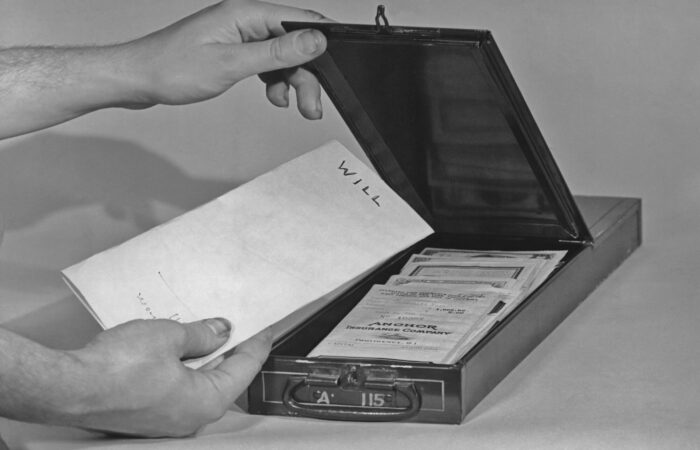Young Entrepreneur Support in Turkish Tax Law
Introduction
Entrepreneurship plays a crucial role in the Turkish economy, particularly for the younger population, as a significant instrument of development. The participation of young individuals in business life not only contributes to increasing employment but also facilitates the realization of innovative ideas. For this reason, the state has introduced various legal and fiscal regulations to encourage young people to establish their own businesses. Among these measures, the “young entrepreneur support” regulated under Turkish tax law stands out as one of the most significant mechanisms, as it directly alleviates the tax burden of young entrepreneurs.
Young entrepreneur support consists of two principal elements: income tax exemption and social security premium incentive (Bağ-Kur). These provisions apply to individuals between the ages of 18 and 29 who commence a commercial, agricultural, or professional activity for the first time. They provide a three-year income tax exemption and a one-year premium incentive. As of 2025, young entrepreneurs are exempt from income tax on annual earnings up to TRY 330,000.
This study examines in detail the legal basis, scope, eligibility requirements, implementation of the income tax exemption, and the social security premium incentive granted to young entrepreneurs.
Legal Basis
The primary legal basis for young entrepreneur incentives is found in Law No. 193 on Income Tax and Law No. 5510 on Social Insurance and General Health Insurance.
Article 20 (repeated) of the Income Tax Law regulates the young entrepreneur income exemption, granting individuals who become taxpayers for the first time a three-year income tax relief up to a specified amount. For 2025, this threshold has been set at TRY 330,000.
From the perspective of social security law, pursuant to Article 81 of Law No. 5510, young entrepreneurs are exempt from Bağ-Kur premiums, which they would otherwise be obliged to pay during the first 12 months of their activity. These premiums are covered by the Treasury, thereby reducing the entrepreneur’s financial burden.
Together, these two provisions provide significant relief in terms of both taxation and social security premiums, thus strengthening the entrepreneurial ecosystem within the legal framework.
Eligibility Criteria
Age Requirement
To benefit from young entrepreneur support, the individual must be at least 18 years old and not older than 29 at the time of commencing the activity.
First-Time Taxpayer Status
The incentive applies exclusively to those who become taxpayers for the first time. Individuals who have previously conducted a commercial, agricultural, or professional activity in their own name are not eligible, even if they establish a new business.
Personal Conduct of the Activity
The Income Tax Law requires that the entrepreneur personally conduct the activity. If the activity is transferred to another person, conducted through a representative, or limited solely to capital contribution, the exemption does not apply.
Partnerships and Companies
In ordinary partnerships or sole proprietorships, each partner must independently meet the conditions for young entrepreneur support. If even one partner does not satisfy the age or first-time taxpayer requirement, the support will only apply in a restricted manner to the partnership.
Income Tax Exemption
Scope of the Exemption
Under the young entrepreneur scheme, annual earnings up to TRY 330,000 are exempt from income tax. The exemption applies for three years and is annually adjusted according to the revaluation rate.
Method of Application
The exemption is implemented by deducting the exempted amount from the taxable income in the annual income tax return. If annual earnings fall below the exemption limit, the entrepreneur pays no income tax. If earnings exceed the threshold, only the portion exceeding the exempted amount is subject to taxation.
Example
If a young entrepreneur earns TRY 280,000 in 2025, the entire amount is exempt, and no income tax is due. If earnings amount to TRY 400,000, then TRY 330,000 is exempt, and only the remaining TRY 70,000 is subject to tax.
VAT and Other Taxes
The exemption applies exclusively to income tax. Obligations regarding value-added tax (VAT), stamp duty, and withholding tax remain in force. Therefore, the exemption does not imply immunity from all forms of taxation.
Bağ-Kur Premium Incentive
Duration and Scope
The Bağ-Kur premium incentive, forming the second component of young entrepreneur support, applies for 12 months starting from the commencement of activity. During this period, the Treasury covers the premiums that would otherwise be payable by the entrepreneur.
Practical Impact
Bağ-Kur premiums constitute a significant financial burden for entrepreneurs. Exemption from this obligation during the first year alleviates capital requirements and strengthens the sustainability of new businesses.
Application Procedure
In order to benefit from the premium incentive, an application must be submitted to the relevant social security center. The start date of the activity and taxpayer registration serve as the basis for the incentive.
Economic and Legal Significance
The young entrepreneur support scheme represents a concrete reflection of the social state principle within Turkish tax law. By facilitating the entry of young people into business life, it contributes to economic development and plays a role in combating the informal economy.
The income tax exemption reduces the financial burden faced by entrepreneurs during the initial years of business, thereby laying the groundwork for business growth. The social security premium incentive, on the other hand, promotes the integration of entrepreneurs into the social security system, fostering registered employment.
In the long run, this support encourages the spread of entrepreneurial culture, the creation of new business areas, and the enhancement of the productive capacity of the younger population. The clarity of the legal framework and the continuity of the regulations render the incentive both reliable and attractive.
Conclusion
Turkish tax law has established a significant incentive mechanism to support young entrepreneurs. Through the income tax exemption, annual earnings up to TRY 330,000 are exempt from taxation for a period of three years. In addition, the Bağ-Kur premium incentive removes the premium obligation during the first year.
These regulations stimulate entrepreneurial activity among young people, energize the entrepreneurial ecosystem, and contribute to economic growth, employment, and the dissemination of innovative business models.
In conclusion, the young entrepreneur support scheme holds strategic importance not only for individual entrepreneurs but also for the national economy as a whole. The relief granted through the tax and social security systems enhances Turkey’s entrepreneurial potential and represents an investment in the country’s future.



